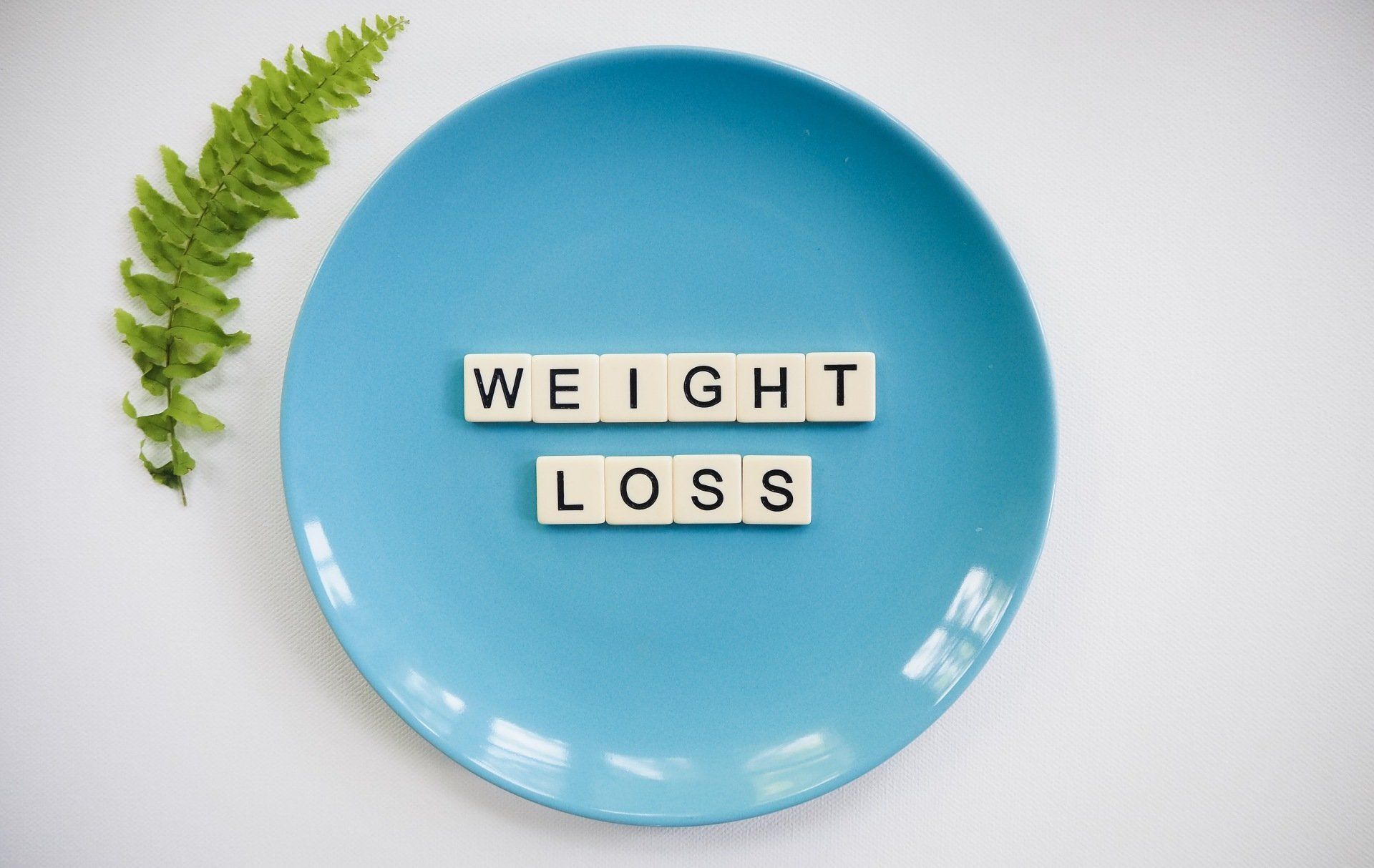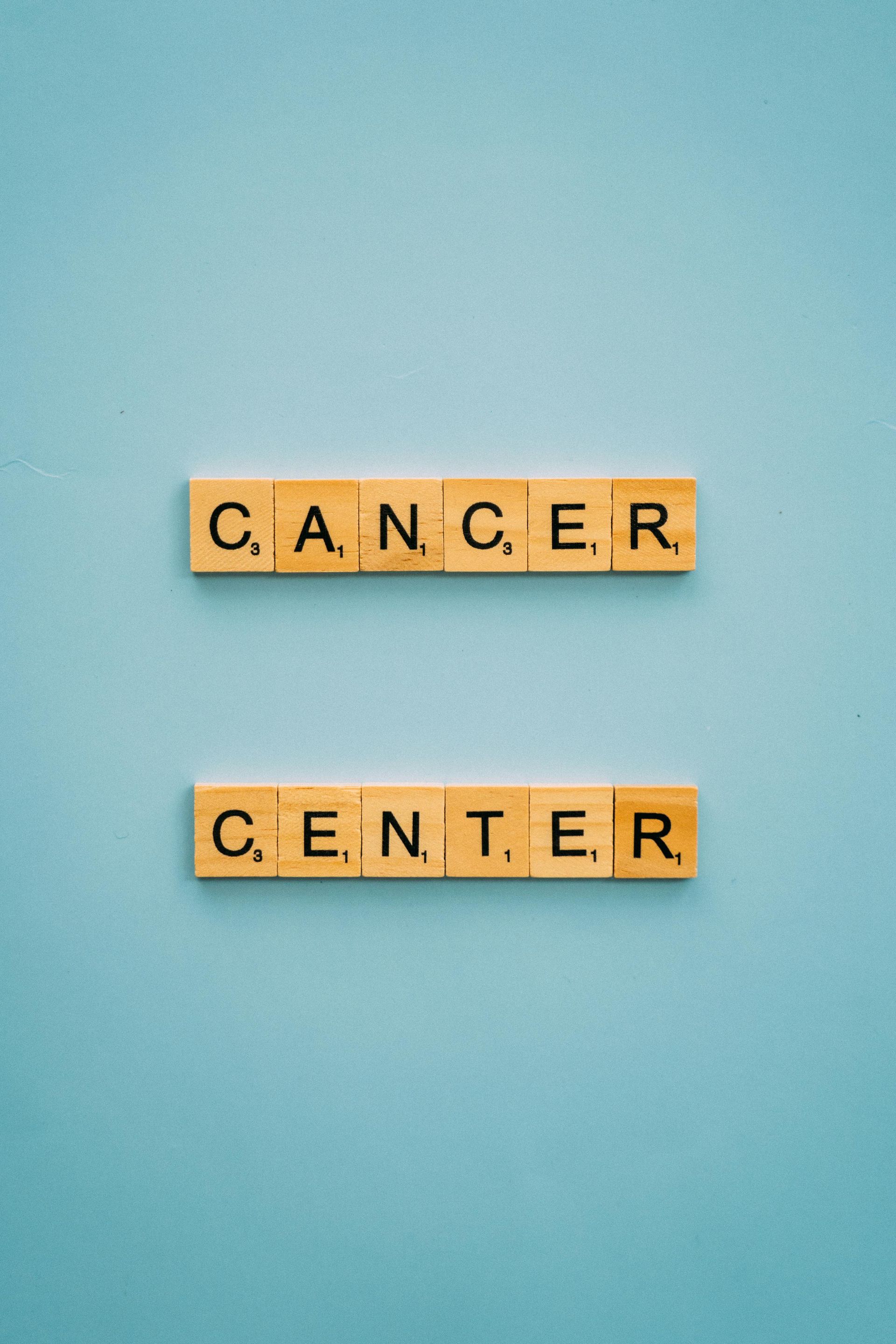Cancer survival guide for the newbie – beyond chemotherapy
Cancer has a way of interrupting life. Unwelcomed and unexpected, a cancer diagnosis demands immediate attention. It spares no one. Rich or poor, kings and paupers, father, mother, son or daughter, best friends, young or old- cancer can strike anyone. The initial shock and anxiety that comes with unpleasant news can be quite disabling. Thinking straight becomes a major challenge and thoughts of the past and future take center stage. The present, however, remains the reality, and one must make the right move to survive and to beat this cancer. To all my current, and future patients, here is a cancer survival guide.
Planning the next move
Here are some quick and meaty tips to help you survive the first few days of a cancer diagnosis.
Find a doctor as soon as possible. A medical doctor who is trained in treating cancer is called a medical oncologist. Don’t worry about whether you might need radiation right now. The medical oncologist will call for the radiation specialist later if it is needed.
Get a journal and write everything down. Anxiety has a way of muddling memory. Record your potential questions to ask the doctor. Don’t forget to write the answers down. It is better to ask questions if something is not clear. However, be aware of the doctor’s time. He or she may be genuinely trying to help you but there are other patients waiting in line.
Diagnosis
Supposing there is a mass in the lung. Does that mean it is lung cancer? Not necessarily.
The diagnosis is usually confirmed by the biopsy of tissue and is read by another doctor, called a pathologist. Pathologists specialize in identifying tissue and matching it to the correct diagnosis. A biopsy is a sample of the tissue or tumor, usually harvested using a needle. The sample is then examined under a microscope in order to determine the origin from which the cancer was born.
Therefore, a lung tumor is not always a lung cancer. The pathologist might find out that the lung tissue actually has colon cancer cells. Therefore the diagnosis is no longer lung cancer, but rather, a colon cancer that relocated or metastasized to the lungs. The treatment is based on the organ of origin, and not the final destination. Since the biopsy showed colon cancer cells, the chemotherapy chosen will be tailored to colon cancer. If there is any question, try to get a second opinion from another pathologist at an outside institution.
Blood tests can sometimes help clinch the diagnosis. My favorite test to order is lactate dehydrogenase or LDH, and tumor markers.
Blood cancers like myeloma, leukemia or lymphoma, might need a bone marrow biopsy.
In the past few years, new treatments other than chemotherapy have evolved. Biologics, immunotherapy and monoclonal antibodies are a few of the newer, non-chemotherapy treatments.
What to do if you are seeing a doctor for the first time
If you are transferring your care from a small town practice to a bigger one, maybe even a university hospital, make sure that you collect all the necessary information.
When asking the old hospital to send records, don’t just say “records”. It is too vague and the clerk in the medical records office will have the final say on what pages to pull. If there are thousands of pages in your file, there is a good chance that only a sample of that will be pulled. The best way is to “specify”. Specifically write down in your request that you want any tissue slides, paraffin blocks, CAT scans or MRIs, PET scans, and bloodwork. Progress notes from your former doctor can be very helpful and will minimize delays in your care. Some practices will refuse to see a new patient until all the requested data and files are received.
If your records are being faxed, be prepared and get a paper copy of your records so you can also hand carry them to your next consultation. Many times a fax would not go through on time, or if they do, some vital information may be lost in transit.
If you are transferring imaging records ( CT scans, x-rays, etc.), try to get the actual CD which contains the images. This way, you will always have a copy on hand and not be at the mercy of slow transfer of records.
Bring your medications or at least, a complete and accurate medication list, to your first doctor’s appointment.
After the diagnosis is confirmed, the next step is to “stage” cancer. Generally, we stage cancers a “Stage I” if it is early. Most solid tumors are staged from 1 to 4. Each organ has its own staging system, and one does not fit all. Treatment is matched to the stage.
Not all Stage 4 are incurable
Lymphomas, for example, can still be completely cured if in Stage 4. Most leukemias can be staged, but other leukemias, like chronic myelogenous leukemia CML, do not even have a stage.
Stage 4 in solid tumors, is not always a death sentence. Years ago, stage 4 colon cancer was terminal. Nowadays, thanks to advances in medicine, there are even treatments for colon cancer that has already traveled to the liver. "Chemoembolization" which is a method by which specialized radiologists can clog off the blood vessel supplying the liver tumor by inserting medical gelfoam into the artery feeding the tumor, while sparing the normal liver. Thanks to new treatments, the cure rate for Stage 4 colon cancer which has metastasized to the liver is no longer zero, but rather, can be in the range of 20-30%.
Outside the box
Aside from choosing a doctor whom you can trust to deliver the best treatment, YOU can also do something to make a difference. and help improve your chances of survival.
Food, you are what you eat
I always wondered at the power of a tiny pill. A pill which has the ability to control blood sugar, blood pressure, growth, heart rate, or even shrinks cancers. In comparison, a whole plate of unhealthy food can certainly do damage, yet very few of us will lose sleep over that fact.
What you DON'T eat, also matters
Diet is something that one can easily change, as long as there is the will and motivation. Diets, especially the high glycemic type (high carbohydrate ) that promotes high levels of insulin, can increase the risk of relapse and shorter survival[1]. When we eat food, this triggers the body to release insulin from the pancreas. Multiple repetitive episodes of insulin release can be detrimental. Therefore, it isn't a good idea to keep eating small amounts of food scattered over the day. Less is actually more. Eat only until you are no longer hungry but also don't try to get too full.
It pains me to hear that our institution ran, completed and published results of the safety trial “ Ketogenic Diet in Advanced Cancer” [2], and yet we are back to our old ways of serving iced cold cans of fizzy soda laced with scandalous amounts of sugar and high fructose corn syrup, to our cancer patients. In 2018, both Geisinger Medical center and the Lancaster Hospital adopted a ‘no added sugar beverages “ policy. https://tinyurl.com/y3eb63a2
Uninformed eyes will roll whenever I bring up the topic of ketogenic diets in cancer. Diet is taboo since weight loss in cancer patients is usually associated with poor performance. However, there is mounting evidence that supports the idea that yes, diet does matter.[3] And no, I do not recommend feeding pudding, ice cream or jello to advanced cancer patients.
Not only the type of diet but the timing can be critical. [4]
MEAT
Good or bad for you? Meat and cancer, the facts only please
"I have cancer, does that mean I should be juicing and become a vegetarian?" - Meat lately has been getting some bad publicity. However, I prefer to stick to the facts. Meat, if chosen properly, can be beneficial to cancer treatment success.
Anti-aging and autophagy
Autophagy, (auto= self, phagy-to eat) is a means by which cells can renew themselves after damage and aging. When autophagy is damaged, a disease can develop, including cancer. Dietary restriction by way of intermittent fasting appears to be a means to improve autophagy and can enhance cancer therapy while protecting normal cells.[4]
Keto vs Intermittent fasting vs Caloric restriction?
Keto diets have become the fad.. You limit carbs and produce ketones, lose weight and possibly help treat cancer. Intermittent fasting supposedly preaches that by limiting the window of eating to a ten hour or so bracket, that one might benefit similar to the keto diet. Caloric restriction has ample data which shows improved lifespan in animals, fruitflies and elegans worms. However, a 2014 literature review of studies involving the ketogenic diet, intermittent fasting, and caloric restriction showed that there was enough animal lab evidence to support the ketogenic diet and/or caloric restriction as being effective for cancer, however, there was insufficient evidence to back up intermittent fasting. [5] Confused? We need more studies...
Does sleep matter?
Does it matter if I sleep at night or during the day? Night shift workers often have disrupted sleep. Studies in breast cancer patients who were undergoing chemotherapy showed that repetitive chemotherapy sessions can disrupt the sleep cycle and result in impaired production of nighttime melatonin.[6]. Melatonin goes down when sleep deprived. Studies of sleep-deprived rats show that melatonin supplements can preserve the levels of the sirtuin protein in the brain. Sirtuins, which can be found in red grape skin or in the supplement “resveratrol”, are supposedly responsible for longevity [7]. Therefore, will melatonin supplements extend lifespan? Data is lacking. However, melatonin supplementation appears to delay nerve degeneration caused by chemical exposure in rats[8].
Maintenance of the sleep-wake cycle is important for quality of life therefore, we should pay attention to this matter.[9]
Unconventional? Perhaps. The science behind these options seems sound, but yes, it's mostly mice. There is definitely room for future scientific research.
Stress management
Many cancers are linked to inflammation and high levels of interleukins. Interleukin 6 can stimulate production of another tumor-promoting signaling. Cortisol, the stress hormone, was found to be higher in lung cancer patients compared to patients without lung cancer. [10] How can we reduce cortisol levels?
Studies in breast cancer patients showed that stress management techniques were effective in decreasing stress hormones / cortisol levels . Other ways include relaxation and massage techniques which can also decrease levels of the proinflammatory interleukin 6 in addition to cortisol [11-13].
So there you have it, some tips and explanations. Some facts and some news. I know this will not completely answer the ton of questions in your mind, but the added knowledge will at least lessen the anxiety, knowing what to expect and what to do to win your personal war against cancer.
- Morales-Oyarvide, V., et al., Dietary Insulin Load and Cancer Recurrence and Survival in Patients With Stage III Colon Cancer: Findings From CALGB 89803 (Alliance).J Natl Cancer Inst, 2019. 111(2): p. 170-179.
- Tan-Shalaby, J.L., et al., Modified Atkins diet in advanced malignancies - final results of a safety and feasibility trial within the Veterans Affairs Pittsburgh Healthcare System.Nutr Metab (Lond), 2016.13: p. 52.
- Harvie, M.N. and T. Howell, Could Intermittent Energy Restriction and Intermittent Fasting Reduce Rates of Cancer in Obese, Overweight, and Normal-Weight Subjects? A Summary of Evidence.Adv Nutr, 2016. 7(4): p. 690-705.
- Antunes, F., et al., Autophagy and intermittent fasting: the connection for cancer therapy?Clinics (Sao Paulo), 2018. 73(suppl 1): p. e814s.
- Lv, M., et al., Roles of caloric restriction, ketogenic diet and intermittent fasting during initiation, progression and metastasis of cancer in animal models: a systematic review and meta-analysis.PLoS One, 2014. 9(12): p. e115147.
- Li, W., et al., Disruption of sleep, sleep-wake activity rhythm, and nocturnal melatonin production in breast cancer patients undergoing adjuvant chemotherapy: prospective cohort study.Sleep Med, 2019. 55: p. 14-21.
- Chang, H.M., U.I. Wu, and C.T. Lan, Melatonin preserves longevity protein (sirtuin 1) expression in the hippocampus of total sleep-deprived rats.J Pineal Res, 2009. 47(3): p. 211-20.
- Reiter, R.J., et al., Melatonin, longevity and health in the aged: an assessment.Free Radic Res, 2002. 36(12): p. 1323-9.
- Chang, W.P. and C.C. Lin, Changes in the sleep-wake rhythm, sleep quality, mood, and quality of life of patients receiving treatment for lung cancer: A longitudinal study.Chronobiol Int, 2017. 34(4): p. 451-461.
- Lichter, I. and N.E. Sirett, Serial measurement of plasma cortisol in lung cancer.Thorax, 1975. 30(1): p. 91-4.
- Phillips, K.M., et al., Stress management intervention reduces serum cortisol and increases relaxation during treatment for nonmetastatic breast cancer.Psychosom Med, 2008. 70(9): p. 1044-9.
- Lengacher, C.A., et al., A Large Randomized Trial: Effects of Mindfulness-Based Stress Reduction (MBSR) for Breast Cancer (BC) Survivors on Salivary Cortisol and IL-6.Biol Res Nurs, 2019. 21(1): p. 39-49.
- Listing, M., et al., The efficacy of classical massage on stress perception and cortisol following primary treatment of breast cancer.Arch Womens Ment Health, 2010. 13(2): p. 165-73.






